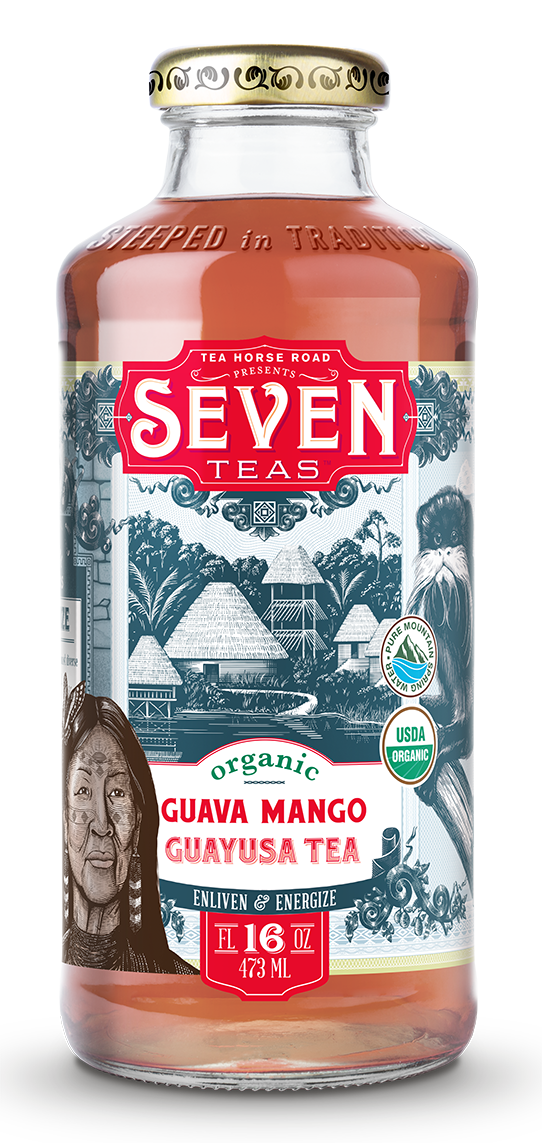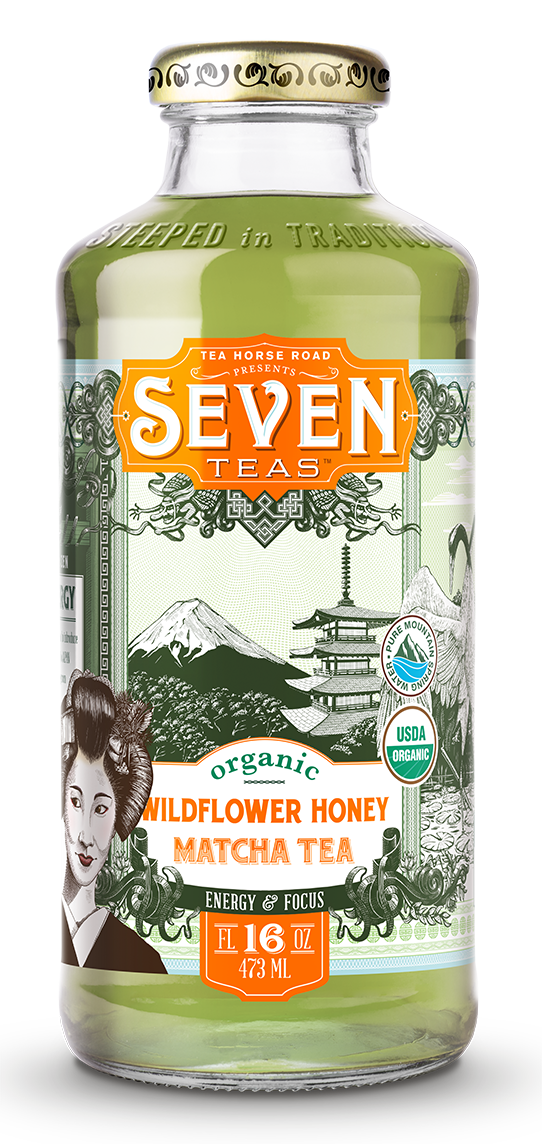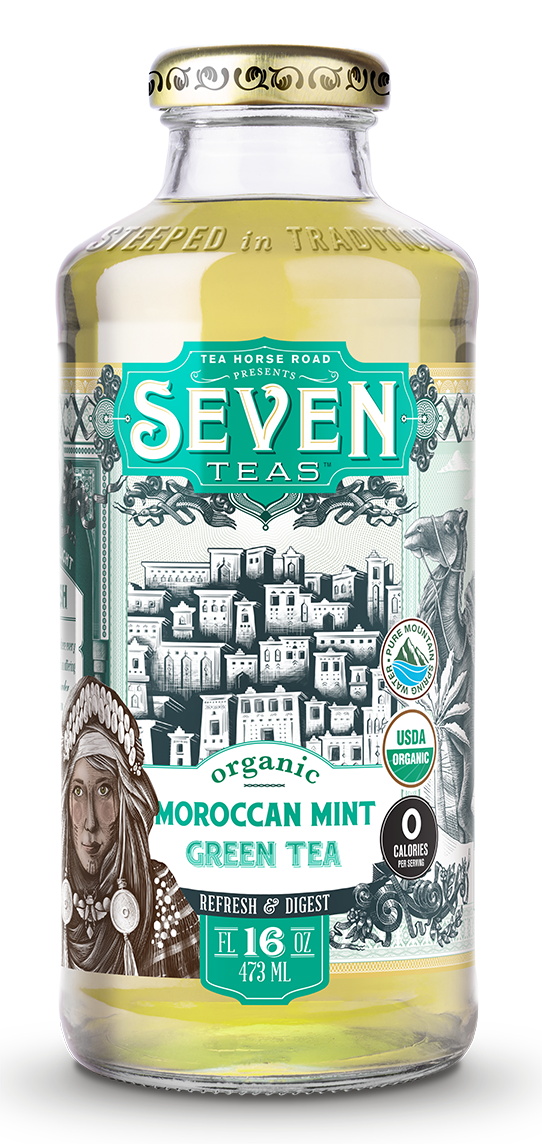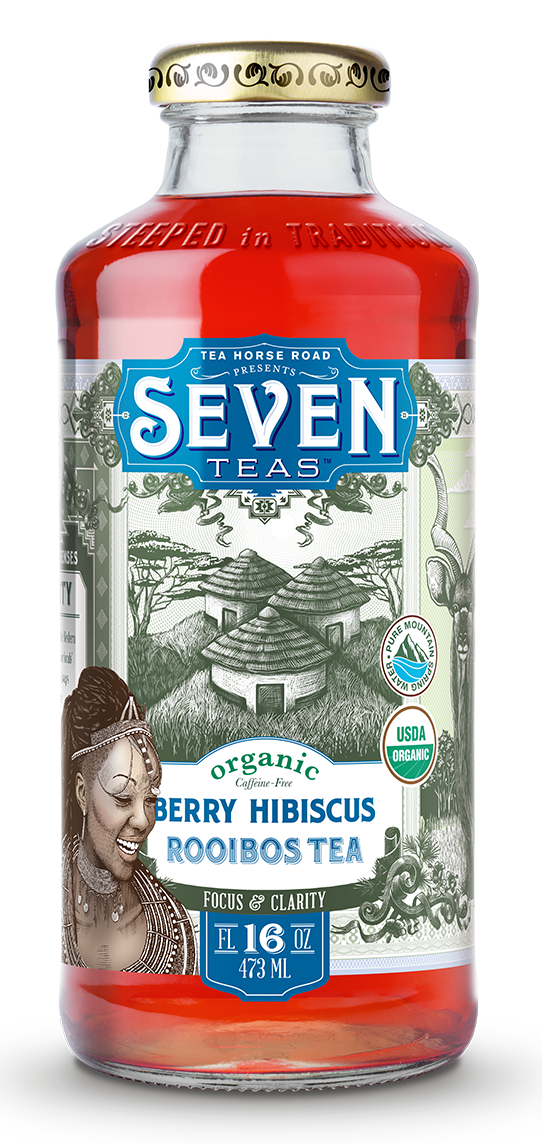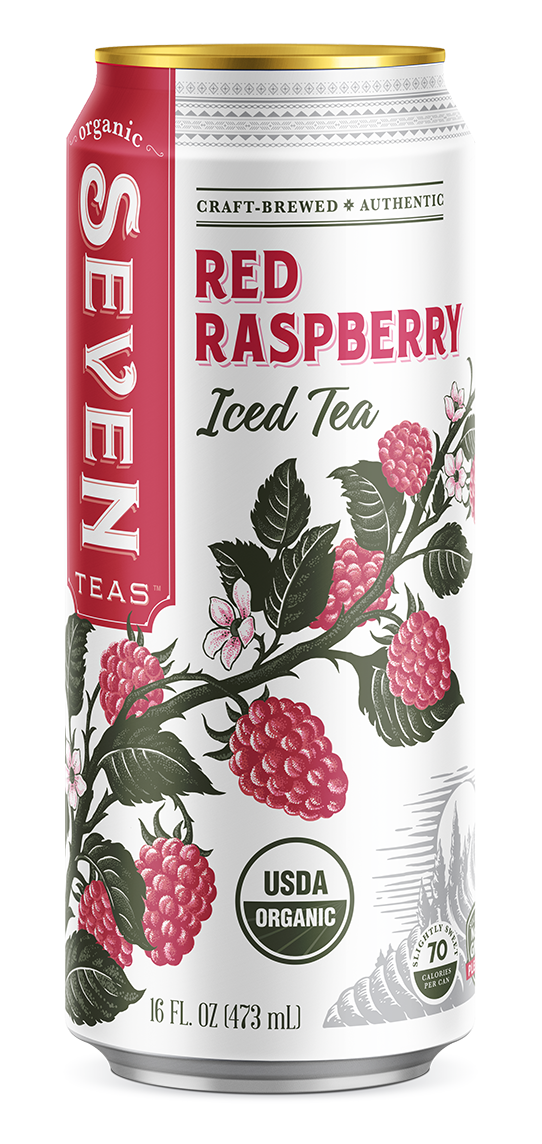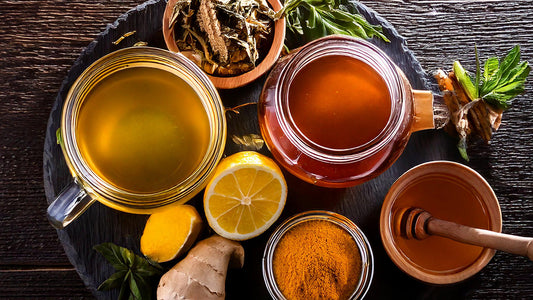Lemongrass tea, with its refreshing aroma and citrusy flavor, has gained popularity not just for its taste but also for its potential health benefits. From promoting digestion to aiding in weight loss, lemongrass tea is a versatile herbal elixir. However, before you delve into making this delightful beverage, it's crucial to understand what lemongrass is and be aware of any potential side effects.
In this quick read, we'll discuss about the origins and benefits of lemongrass, as well as how you can easily make yourself a cup of lemongrass tea at home!
What is Lemongrass?
Lemongrass, scientifically known as Cymbopogon citratus, is a tropical herb native to Southeast Asia. It’s known its strong citrus flavor and aroma and has been used for centuries in traditional medicine and culinary applications. Rich in antioxidants, essential oils, and vitamins, lemongrass is a popular ingredient in many cuisines and, more notably, in herbal teas.
Lemongrass also boasts a robust nutritional profile. They contain essential nutrients such as vitamins A and C, folate, and minerals like potassium, magnesium, and iron. Its distinct lemony scent comes from citronella, a compound also found in many insect repellents. Beyond its culinary uses, lemongrass has made a name for itself in traditional medicine for its potential health benefits.

Who Should Avoid Lemongrass Tea?
While lemongrass tea is generally safe for most people, there are some people who should exercise caution or avoid it altogether. Let’s take a look at those who should steer away from this drink so you can determine if lemongrass tea is safe for you or not.
Those with Low Potassium Levels
Lemongrass can lower potassium levels in the body. So, if you already have low potassium levels, then lemongrass tea may not be suited for you. Consult your healthcare provider first before incorporating lemongrass tea into your diet.
Those Who are Pregnant
Eating for two? You should be cautious about consuming lemongrass tea in large quantities. That being said, your OB-GYN is going to advise you on what’s safe and not safe to drink. Be sure to be open to them and consult about lemongrass and its appropriate intake amount during your pregnancy.
Those with a Low Heart Rate
There are studies that show lemongrass can potentially lower heart rate. But, this shouldn’t be a concern if you’re healthy and have no serious illnesses. However, if you have bradycardia and want to try this drink, then it’s best for you to consult your doctor first before you start to consume it regularly.
12 Benefits of Lemongrass Tea
Lemongrass tea is more than just a tasty beverage. It contains benefits which is a plus if you love to drink it. Let’s tackle some of the most common benefits on lemongrass tea in detail and understand the popularity behind this drink.
Lowers Cholesterol
Studies suggest that lemongrass tea may contribute to reducing cholesterol levels, and promoting heart health. The presence of citral, a compound in lemongrass, is believed to play a role in this cardiovascular benefit.
Relieves Anxiety
The calming properties of lemongrass can help alleviate anxiety and stress, making it a popular choice for those seeking relaxation. A warm cup of lemongrass tea can be a comforting ritual to unwind after a hectic day.
Improves Oral Health
Lemongrass has antimicrobial properties that may aid in maintaining oral hygiene by fighting bacteria and preventing infections. Regular consumption may contribute to fresher breath and overall dental well-being.
Prevents Infection
The high citral content in lemongrass exhibits antimicrobial and antibacterial properties, potentially helping prevent infections. This makes lemongrass tea a natural option for supporting the body's immune system.
Boosts Red Blood Cells
Lemongrass is rich in iron, which plays a crucial role in the production of red blood cells, aiding in the prevention of anemia. Including lemongrass tea in your diet can be especially beneficial for those with iron-deficiency anemia.
Can Relieve Pain
The analgesic properties of lemongrass may help alleviate pain, making it a natural remedy for headaches and muscle pain. Some individuals find relief from tension and discomfort by incorporating lemongrass tea into their wellness routine.
Helps With Bloating
Lemongrass tea's digestive properties can assist in reducing bloating and indigestion, promoting a healthier gut. If you suffer from occasional digestive discomfort, sipping on lemongrass tea after meals might offer relief.
May Reduce the Risk of Cancer
Some studies suggest that lemongrass contains compounds that may have anti-cancer properties, although further research is needed to confirm these findings. The antioxidants in lemongrass are believed to play a role in preventing cellular damage that could lead to cancer.
Contains Anti-Inflammatory Properties
Lemongrass possesses anti-inflammatory compounds that can help reduce inflammation in the body, benefiting those with inflammatory conditions. Incorporating lemongrass tea into an anti-inflammatory diet may contribute to overall well-being.
Helps With Digestion
Drinking lemongrass tea before or after meals may aid digestion, preventing issues like indigestion and constipation. Its digestive benefits make it a popular choice in cultures where it's traditionally consumed with meals.
Can Improve High Blood Pressure
Certain compounds in lemongrass may contribute to lowering blood pressure, making it beneficial for individuals with hypertension. However, it's essential to monitor blood pressure levels regularly and consult with a healthcare professional.
Aids in Weight Loss
Lemongrass tea's diuretic and metabolism-boosting properties may support weight loss efforts when combined with a healthy diet and exercise. It can be a flavorful and hydrating alternative to sugary beverages in a weight management plan.
Possible Side Effects of Lemongrass
While it’s true that lemongrass tea contains a lot of health benefits, it’s also important to be aware of its potential side effects, especially if you drink it in excessive amounts. Moderation is always key and these side effects do not necessarily manifest in everyone.
Dizziness
If you’re drinking a lot of lemongrass tea then it’s possible for you to feel dizzy, especially if you’re sensitive to its compounds. It's recommended for you to start with small quantities to gauge your body's reaction.
Dry Mouth
Lemongrass has diuretic properties, which means it may increase urine production. This could lead to dehydration and a dry sensation in the mouth. Staying adequately hydrated can mitigate this effect.
Increase in Appetite
Interestingly, some individuals may experience an increase in appetite after consuming lemongrass tea. While this isn't necessarily harmful, it's crucial to monitor your food intake if you notice a significant change.
Frequent Urination
As mentioned earlier, lemongrass's diuretic properties may lead to more frequent urination. If you already have a condition that affects urination frequency, it's advisable to consult with a healthcare professional.
Tiredness
Excessive consumption of lemongrass tea, particularly in the evening, might lead to tiredness or drowsiness. Adjusting the timing of consumption can help avoid this side effect.
How to Make Lemongrass Tea: An Easy Recipe
The moment you’ve been waiting for, how to make lemongrass tea at home! Brewing yourself a cup is a lot easier than you think! All you need is lemongrass stalks and water, and some honey or lemon if you want more flavor.
The Ingredients
- Fresh or dried lemongrass stalks
- Water
- Optional: honey or lemon for added flavor
The Procedure
- Wash the lemongrass thoroughly and chop it into smaller pieces.
- Boil water in a pot, and add the chopped lemongrass.
- Simmer for about 5-10 minutes, allowing the flavors to infuse into the water.
- Strain the tea to remove the lemongrass pieces.
- Add honey or lemon if desired.
- Enjoy your homemade lemongrass tea!
When Should You Drink Lemongrass Tea?
When is the best time to drink lemongrass tea? Fortunately, this type of tea is versatile and can be enjoyed during different times of the day. Depending on whether you like your tea in the morning or at night, you can incorporate it into your routine in the following ways:
- Morning: Start your day with a cup to boost your metabolism and promote digestion.
- Afternoon: Combat the post-lunch slump with a refreshing cup to maintain energy levels.
- Evening: Enjoy a soothing cup in the evening to unwind and relax before bedtime.
The Final Sip
Adding lemongrass tea into your routine is delightful and health-conscious choice, as long as you know its potential side effects and benefits. Just like any herbal remedy, moderation is key, and if you have any existing health conditions or concerns, it's always best to consult with your healthcare professional.
So make yourself a cup and savor the citrusy goodness. Let lemongrass tea be a delicious addition to your wellness journey. Whether you're a seasoned herbal tea enthusiast or a newcomer to the world of herbal remedies, lemongrass tea is a great way to give you support and a boost of relaxation in each sip.
Not in the mood to brew tea yourself? No worries! Seven Teas offers high-quality brewed teas that come in many exquisite flavors. Browse through all of our offerings here and find your next go-to drink!
